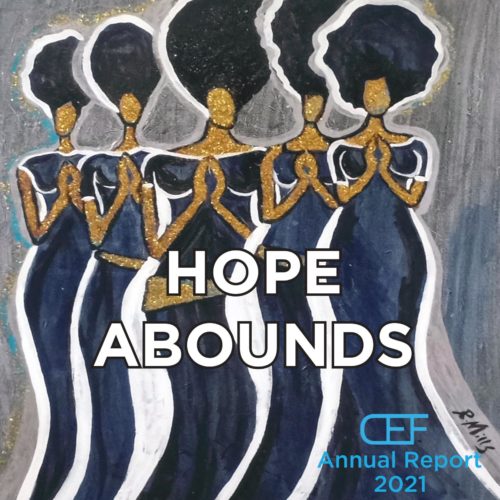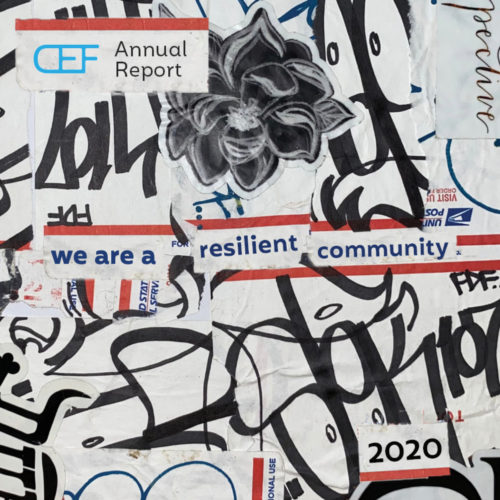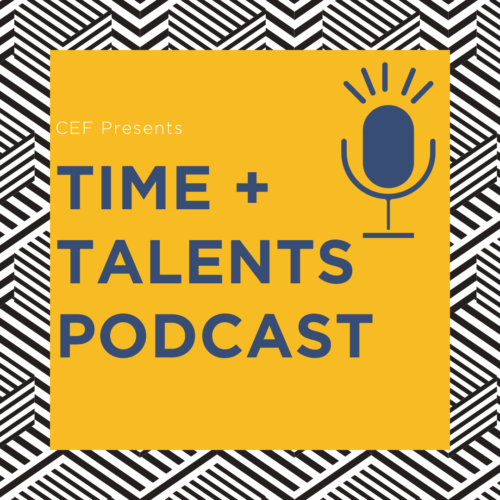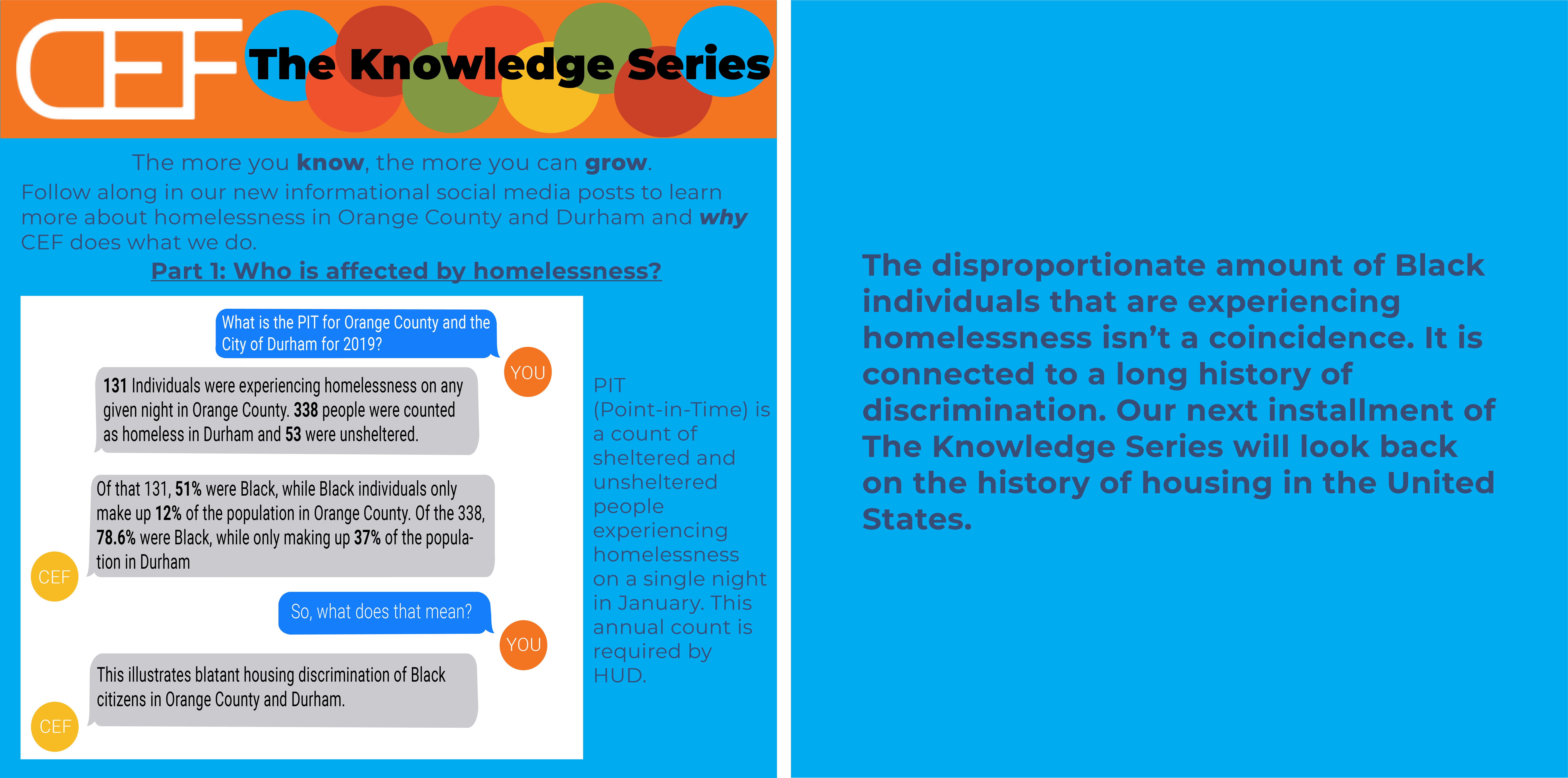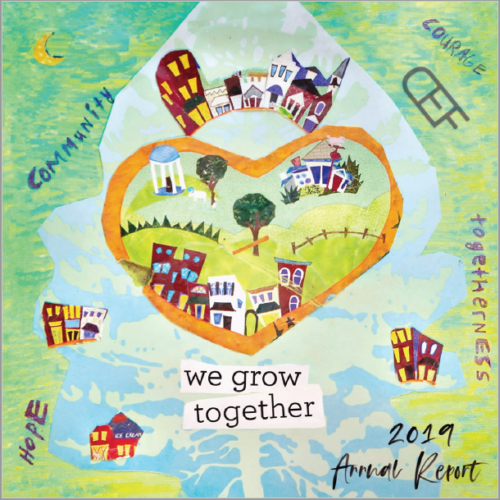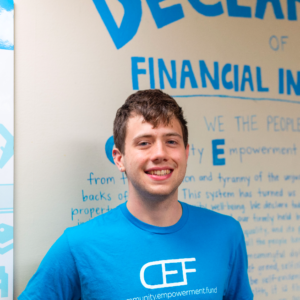Meet Ishaan! Member Resource Specialist in Chapel Hill

CEF’s Chapel Hill Office
Your Role: In your own words, how would you describe the work you do at CEF and why is it important?
I am the Member Resource Specialist for the Chapel Hill Office. The bulk of my work is focused on identifying and building out resources for the community to expand the way that CEF can support Members. My long-term project is focused on a Homebuyers Program, where we are trying to work with other local housing organizations to expand access to home ownership!
Your Background: What experiences, strengths, and skills do you bring to this work at CEF?
I worked as an Advocate for multiple years in the Durham office, so that introduced me to CEF’s work. I think in particular, I learnt to slow down and hold space for Members, peers, and myself. This is a skill I hope to continue to develop through the next few years. In addition, I think that I can be extremely reliable, and hope to bring this constancy to my work at CEF.
Connecting to CEF: What led you to working with CEF generally, and also to this particular role?
In particular, CEF’s model of Member-centered advocacy really spoke to me. In some other spaces, it was unclear to me if what we were doing was really in the interest of the people we were working for. I believe wholeheartedly in the power and necessity of social work to reflect the needs of Members and for everyone to be engaged in collaborative decision-making.
Energy: When you think about your work in this role at CEF (and/or in general at CEF) where do you find energy and renewal?
Primarily, I find energy in people; my partner, my family, and my roommate are all places to go to recharge. When I’m alone, I often find myself tinkering in the kitchen, trying to remake childhood memories into new creations.
Challenge: When you think about your work in this role at CEF (and/or in general at CEF) where do you find challenges and how do you seek to find the best way forward?
Many challenges are unknown right now, as this is a new position to CEF! In addition, being a recent college grad means that I’m looking forward to challenges I can’t even begin to imagine. I hope to approach all these future challenges with an empathetic and critical eye. I hope to approach these problems through creative collaborations and new solutions. Everyone has creativity and capacity – I hope to tap into our collective power!


